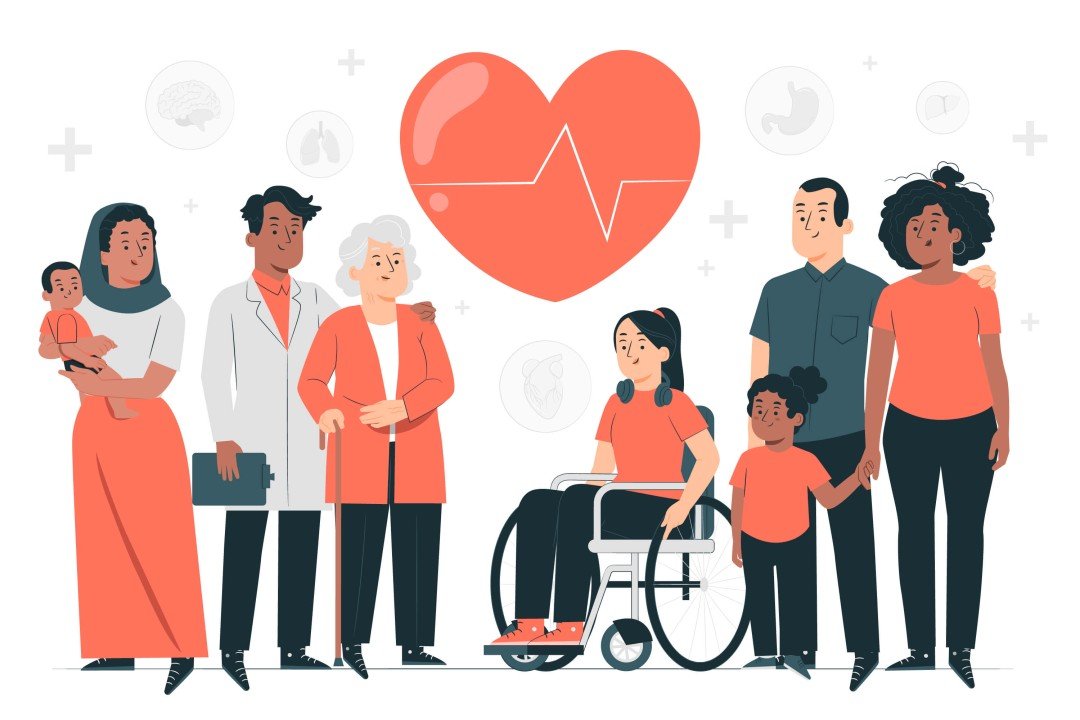Muslim wedding stand out because of faith, culture, and sentiment. Apart from weddings, there are family and local events. The Nikah, or holy marriage pact, is central to the custom. They renew their vows to one another and their beliefs fronting witnesses. The Mehndi ceremony, when the Walima, the groom’s family’s celebration, enhances the culture and the bride’s hands are henna-decorated.
1. Istikhara – Seeking Divine Guidance
Istikhara is a particular prayer used in Islam for guidance in making significant decisions. It entails reciting two Rak’ahs and a prayer to Allah asking him to show you the greatest path of living. Many turn to Istikhara when choosing a Nikah Venue, trusting that Allah will guide them to the right place. It shows you believing in Allah’s knowledge and direction for your life.
2. Mangni – The Engagement Ceremony
Many Muslim countries have mangni, an official promise-showing event for couples before marriage. Every family cheers on the couple’s marriage. Planning a Muslim wedding starts here. At the Mangni, the bride and groom display their commitment by trading rings and gifts. Arriving little groups of close relatives pray for the couple’s happiness and success as they begin their life together.
3. Mehndi Night
Mehndi Night is a happy pre-wedding celebration used to get the bride ready in many Muslim countries. The bride’s hands and feet get hennaed during a night of laughter, happiness, and music. This custom honours beauty, love, and luck. Friends and relatives pray for the bride, sing, and dance. Cultural art, celebration, and party go nicely together.
4. Nikah
The nikah holy marriage document shows a pair wedded in Islam. For a Muslim wedding, this is quite vital. In front of witnesses during the Nikah, the bride and groom agree to be married. Often they are helped by an Imam, or religious teacher. The husband hands the bride “Mahr,” a gesture of his affection. The Nikah asks Allah to bless the couple’s life; both legally and spiritually.
5. Khutbah
At Nikah, imams offer khutbahs. Moral and spiritual significance abound. It counsels and consoles the bride, groom, and visitors to a Muslim marriage. Quranic lines and Muhammad’s sayings are read in the Khutbah. These proverbs and poems highlight the love, respect, and duty of Muslim wedding. It counsels people to keep their values and cooperate. It hopes for them a great partnership, success, and happiness.
6. Mahr
In a Muslim wedding, the husband has to present the bride Mahr. It shows respect, obligation, and loyalty as well as the bride’s belovedness by the husband. Though taste, family, and culture will all affect it, both agree on the quantity and kind of Mahr. Usually offered before Nikah include money, gold, land, or other goods.
7. Rukhsati
In a Muslim wedding, Rukhsati is an emotional event since the daughter leaves her parents’ house to begin a new life with her partner. Usually following the Nikah celebration. Touching goodbyes usually calls for tears and thanks. The bride’s family walks Rukhsati to the groom’s house to symbolise her marriage.
8. Walima
Walima, the Muslim wedding feast. Usually, this event honours the first marriage. Islamic tradition loves it as it honours Allah and supports friends, relatives, and the society to share the couple’s happiness. For Walima, a fantastic lunch, singing, and dancing, many people get together. People wish the pair great luck and thank friends and relatives for their help.
9. Post-Nikah Traditions
After the Nikah wedding, the couple and their family remain close thanks in large part to certain customs. Following Nikıh, a major ceremony, Rukhsati is the girl leaving her house to live with her husband. Her new life starts with the family of her spouse at this poignant time. Usually after Rukhsati, the groom’s family hosts Walima. This feast gathers friends and family to wish each other well and value one another.
10. Importance Of Choosing The Right Venue
Choosing the right wedding site determines the mood of the celebration. The location captures the couple’s ideals, fashion sense, and Muslim wedding plans. Muslims can be married at T & A Venue respecting their faith and culture. The Nikah service, Mehndi, and Walima can be attended in peace and space with family and friends.
Conclusion
From the Istikhara to the Walima, every Muslim wedding reflects love, religion, culture, and community. Every significant thing shows loyalty, respect, and dedication. Preserving and enjoying these customs depends on selecting T & A Nikah Venue. Not only a location; you also need a partner that appreciates the traditions of your wedding.
Read More: Wedding Transport UK: Seven Original Concepts for Your Major Day
























